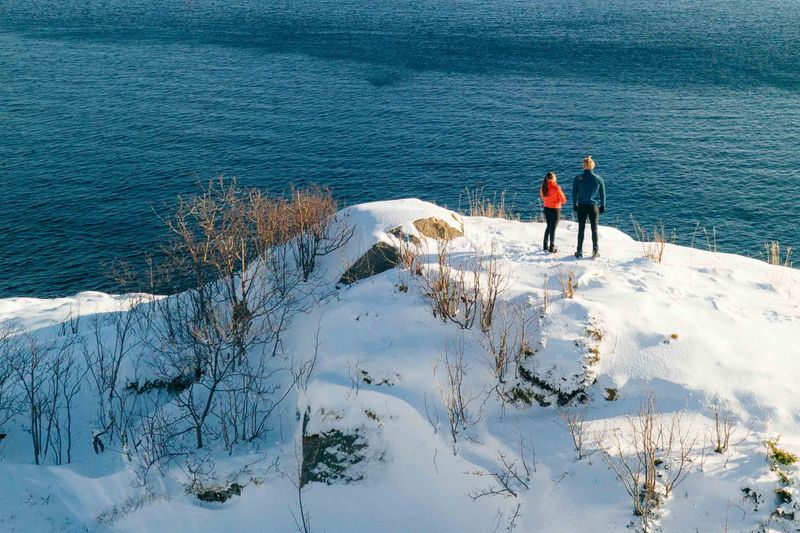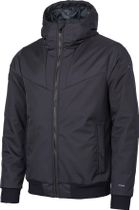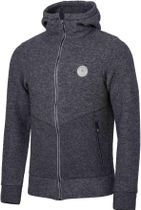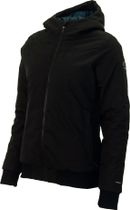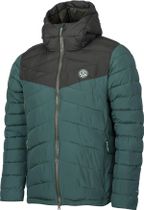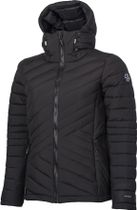Contents
Ternua: Green is more than a color
For the Spanish outdoor brand Ternua, "green" is a lifestyle and a business promise. The manufacturer pays great attention to recycled materials, natural resources and environmentally friendly production. We present their sustainable Artishell and Wearcycle projects in detail.
Green in any color

Right from the start, Ternua dedicated itself to sustainable production. The goal was to create garments for people who love nature and that meant protecting said environment that people love.
Over the years, the brand brought to life several innovative green projects, which all use different ways to tap into existing and natural resources for production rather than creating new waste. One of the results is Redcycle, which we already presented to you in a separate article. Other projects include Colorcycle, which uses natural ingredients to dye clothes or Seacycle, which aims to reduce plastic from our oceans and turn it into yarn instead.
>> Learn more about Ternua’s sustainability projects
Artishell
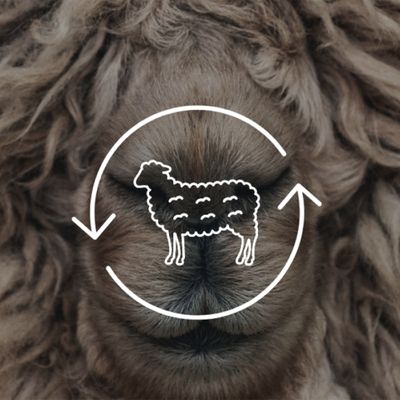
Wool is among the most popular materials for winter garments. Thanks to its insulating and breathable qualities, many a winter jacket will include this resource. Although natural, the sourcing of wool can take its environmental toll, especially when materials face long transportation.
This is why Ternua set their eyes on a more local solution: Laxta sheep from the Basque Country.
Although the breed is a symbol of the region, there was no commercial use for their wool. Ternua combined the local resource with innovative recycling technologies and created Artishell. The wool fusion offers plenty of warmth, water repellency and protection against the wind, making it perfect for winter jackets.
When purchasing the Artile jacket, you support an entire age-old tradition and industry, reduce waste and get to enjoy sustainable quality at its best.
Wearcycle
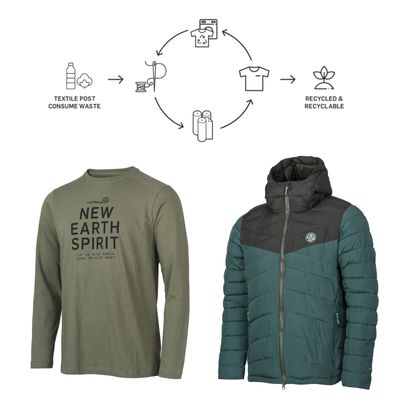
Ternua’s long-term sustainability goal is to rely on existing resources and turn used materials into new ones. Through Wearcycle, the brand avoids new and unnecessary waste, while still making sure that quality standards are met.
For this, Ternua selects, recycles and transforms old sheets and other materials into technical threads to weave new garments. All in cooperation with local organisations and companies.
The cycle starts with leftover fabrics from Gureak’s laundries, which are sent to the Belda Llorens factory to be shredded and converted into fibres. These are spun into bobbins, which Ternua then uses to create their functional and resistant garments.
Wearcycle offers textiles a second life and our planet a second chance.
>> Discover more Ternua gear for Trekking in winter
The cycle starts with leftover fabrics from Gureak’s laundries, which are sent to the Belda Llorens factory to be shredded and converted into fibres. These are spun into bobbins, which Ternua then uses to create their functional and resistant garments.
